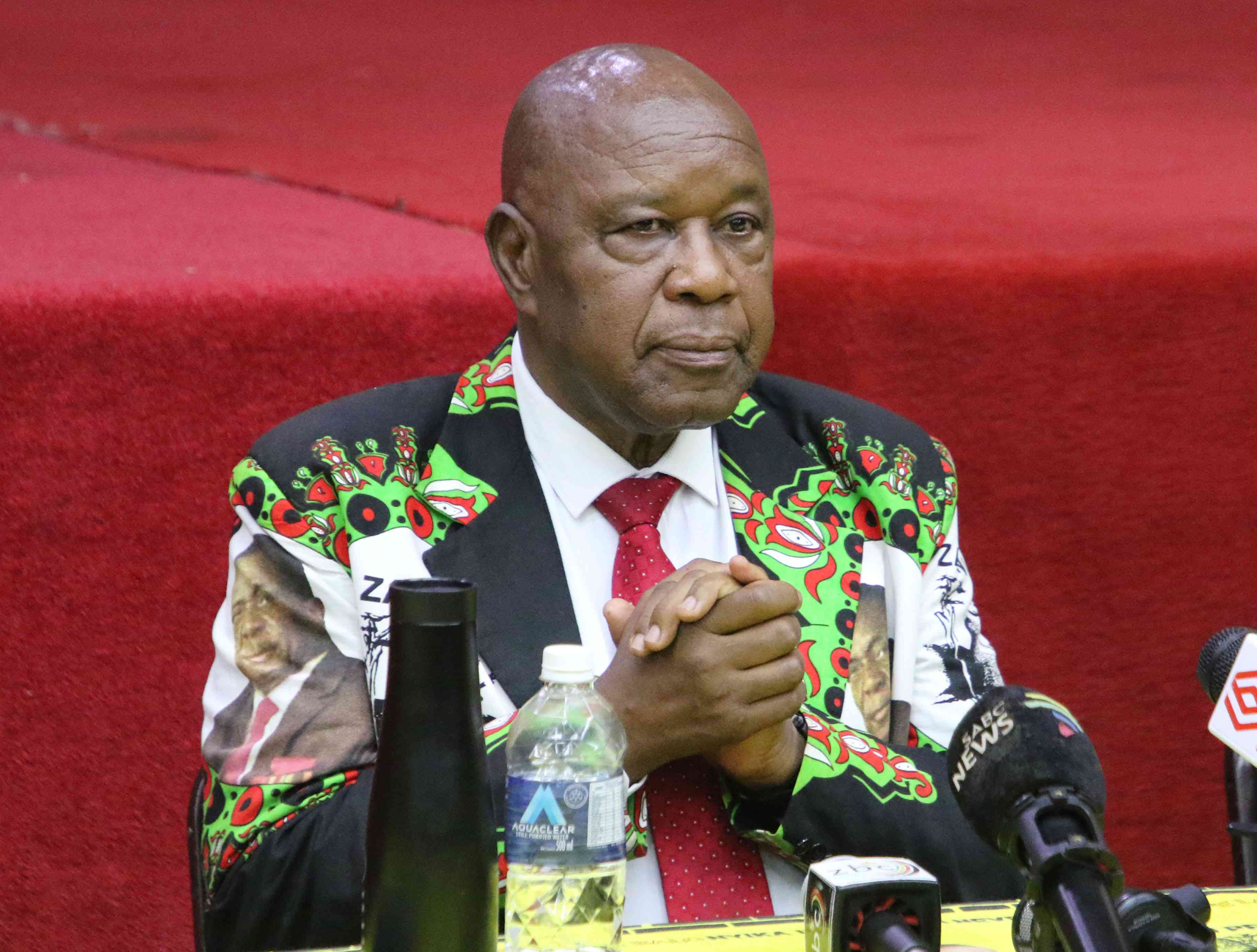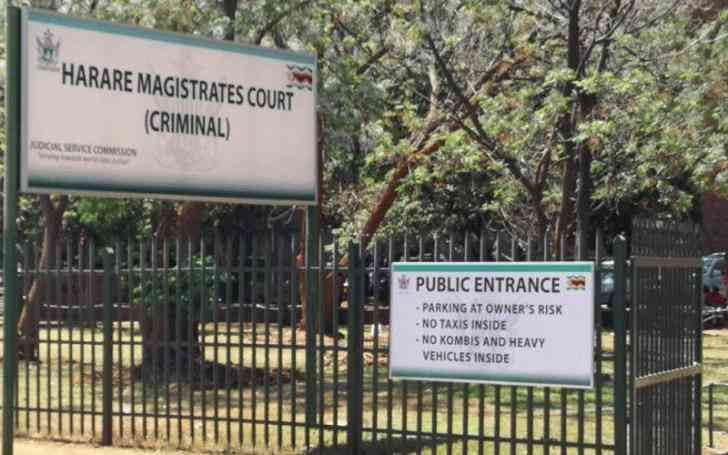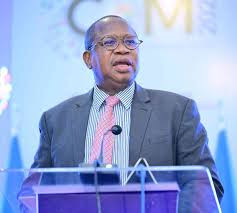BY STAFF REPORTER FIGTREE in Bulilima district, Matabeleland South, has been identified as one of three places in the country to be transformed into a digital and green energy smart city.
Announcing the plan in Bulawayo this week National Housing and Social Amenities minister Daniel Garwe said: “The Ministry of National Housing and Social Amenities has endeavoured to move with time and adopt strategies that conform to the dictates of the digitalised world and globalisation.
“This has culminated in the adoption of the Smart City concept. We have prioritised three pilot projects to kick-start the whole process, that is, Melfort in Mashonaland East province, Figtree in Matabeleland South province and Chirundu in Mashonaland West province.”
The minister, who was addressing a forum on, Zimbabwe Smart Cities and Rural Communities Infrastructure noted that ideally, these would be completely new cities that are to be anchored on digitalisation and green energy where people “live, work and play”.
“The Smart City Concept is at the core of the Ministry’s desire to see a transformed urban setting across the length and breadth of our beautiful nation, where we are desirous to have modern sustainable and affordable human settlements for Zimbabwe by 2030,” Garwe said.
However, the minister acknowledged turning places into smart cities was not an event but a process, with proper procedures to be observed and wider consultations conducted.
Keep Reading
- Chamisa under fire over US$120K donation
- Mavhunga puts DeMbare into Chibuku quarterfinals
- Pension funds bet on Cabora Bassa oilfields
- Councils defy govt fire tender directive
Although government was there to promote the idea, implementation would be done by the respective local authorities and the private sector.
“Local authorities and the private sector are the prime movers of the concept when it comes to implementation and stakeholder participation. There is an insatiable appetite in the private sector for such investment opportunities, especially from the insurance and pension funds, the financial sector, asset management entities, realtors and other investors,” the housing minister said.
Garwe also highlighted that the government’s thrust was not only on new cities, but on the conventional urban settlements, which needed regeneration and renewal in line with the recently launched Zimbabwe National Human Settlements Policy.
“A case in point is that, Bulawayo City Council is working on the regeneration of Makokoba, Mutare is working Sakubva, Harare is working on Mbare and Victoria Falls is working on Chinotiba and the low density, to mention but a few. We do not expect a replica of the pre-colonial Makokoba, Sakubva, Mbare or Chinotimba with the tired designs and service provision post urban renewal,” he said.— CITE





